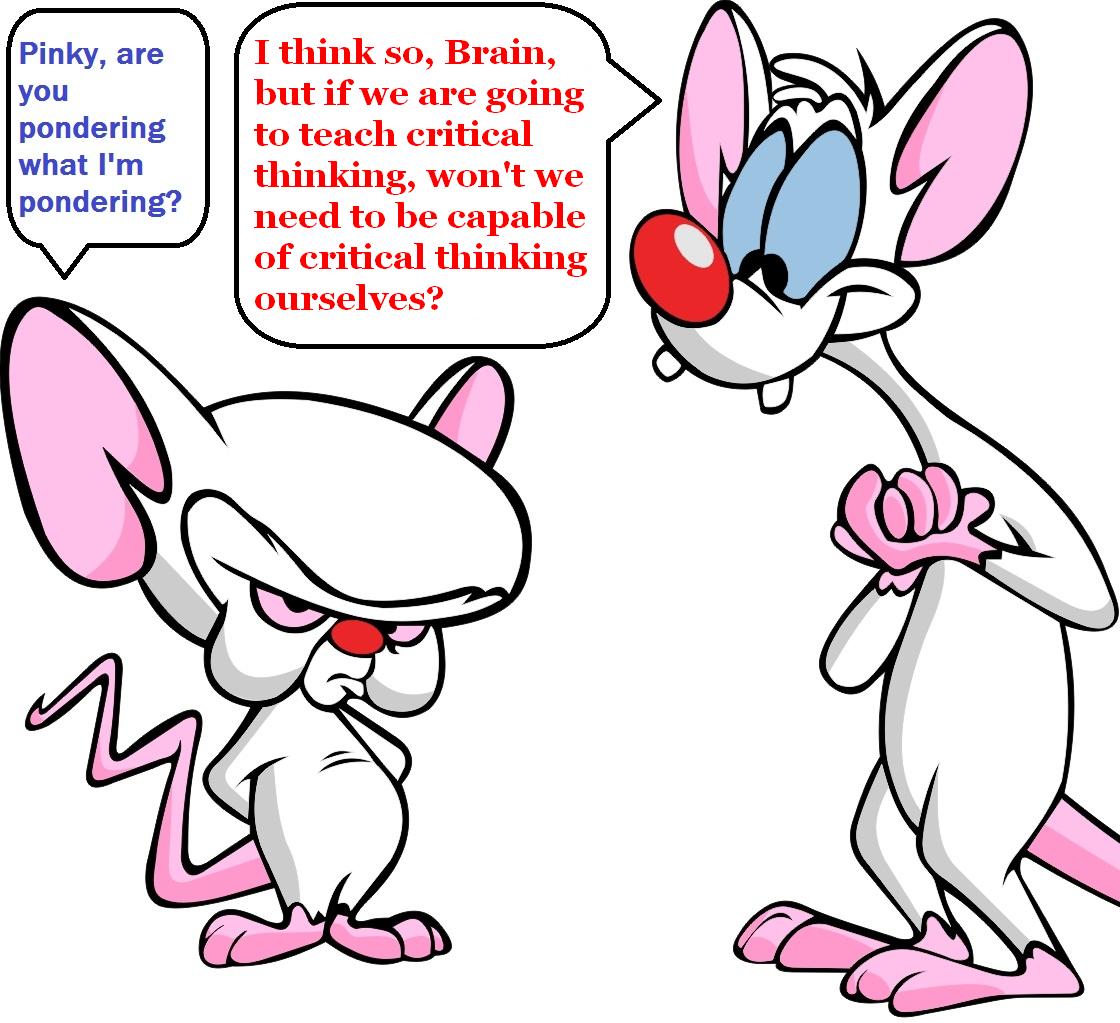The following is a favorite of Noel Ledermann, one of our longtime readers. It was originally published October 18, 2006. Please let me know if you have a favorite you think is worth sharing again.
By Sondra Whitt
“I had always been impressed by the fact that there are a surprising number of individuals who never
use their minds if they can avoid it,” wrote Carl Jung, “and an equal number who do use their minds,
but in an amazingly stupid way.” In a workshop on Critical Thinking that I recently conducted for a
group of teachers, we all came to the conclusion that Jung’s quote applies to people of all ages,
including ourselves. Fortunately, there are a few things we can be aware of that will help us use our
minds in a more intelligent way. Here are eight elements of critical thinking that can give us more
control over our thinking, paving the way to more control over our emotions and actions.
The first is Perception — being more aware of how we perceive what others say and do and being
aware of how they perceive what we say and do. One teacher of sixth-graders commented that the
misperceptions he sees among his students result in a lot of hard feelings among them that can be
difficult to straighten out. Making Assumptions about why people think, speak and act the way they
do also causes hard feelings, wrong thinking, and misunderstandings among the students.
Letting our Emotions determine what we think, say and do will get us into trouble. We don’t want to
discount how we feel about something, because our emotions give us good information. We just don’t
want to base what we think about something on emotions, alone. The sixth-graders are either in, or
are entering, hormone-hell and their teacher has to continually remind them not to act on their
emotions. This especially happens when they’re caught up in the whirlwind of relationships.
Our Language — what we say and how we say it, is an important element. With kids, and some
adults, what they say comes straight from their emotions, without any thought. It’s open mouth, insert
foot.
Another important element is Argument — being able to give the reasons for our conclusions. Being
able to do this isn’t just to defend our position to someone else. It helps us to sort out why we think
the way we do about something.
Many people fall victim to Fallacy — faulty patterns of reasoning. A ninth-grade teacher gave the
example of a student who didn’t understand why he didn’t get points for writing a paper, even though
he failed to complete the assignment as instructed. “After all, he did do the paper,” he reasoned.
Logic, the ability to plan, strategize, and use an objective approach to a problem or situation, is one
that doesn’t come naturally for some people. And Problem Solving, the ability to solve a problem
without becoming emotionally invested in it, seems to be really difficult for others.
As we become increasingly aware of these elements of our thinking, we gain control of it because we
are better able to analyze and change it. We make better decisions, become more aware of when
others are trying to influence our thinking and manipulate us, exert more control over how we relate to
others, exercise power and control over our emotions, and in general, gain more control over our
whole life.
All articles are copyrighted but if you want to repost or reprint them you have my permission to do so. Just include this at the bottom of the article: “Reprinted from the Purpose Unlimited E-Letter: For a free subscription, go to PurposeUnlimited.com. Copyright ©2014 Jim Whitt Purpose Unlimited.”


